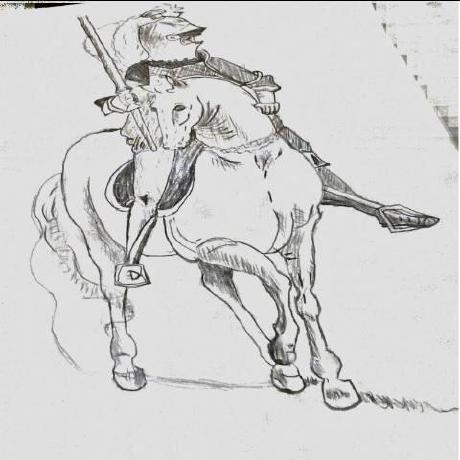Discover and explore top open-source AI tools and projects—updated daily.
LESS by  princeton-nlp
princeton-nlp
Data selection research paper for targeted instruction tuning
Top 61.2% on SourcePulse
This repository provides code for LESS, a method to select influential data for targeted instruction tuning of large language models, aimed at researchers and practitioners seeking to optimize fine-tuning efficiency. It enables users to identify and utilize the most impactful data points for specific downstream tasks, thereby improving model performance and reducing computational costs.
How It Works
LESS operates by calculating an "influence score" for each data point in a training set, based on its impact on a target task's performance. This is achieved by first performing a "warmup" LoRA training on a small subset of data. Then, gradients are collected for the entire training dataset and for validation data specific to the target task. By comparing these gradients, LESS estimates the influence of each training data point on the target task, allowing for targeted selection of the most beneficial data.
Quick Start & Requirements
- Installation:
pip3 install torch==2.1.2 torchvision torchaudiocd LESSpip install -r requirement.txtpip install -e .
- Prerequisites: PyTorch. The scripts utilize
meta-llama/Llama-2-7b-hfas a base model, and data preparation follows theopen-instructrepository. - Resources: Requires significant disk space for gradient storage and computational resources for training and gradient calculation.
- Links: Quick Links, Data Preparation
Highlighted Details
- ICML 2024 paper.
- Supports targeted instruction tuning for specific downstream tasks.
- Utilizes LoRA for warmup and gradient calculation.
- Includes scripts for data preparation, gradient extraction, data selection, and training.
Maintenance & Community
- Bugs or questions can be reported via GitHub Issues or by emailing Mengzhou (mengzhou@princeton.edu).
- The project is associated with Princeton NLP.
Licensing & Compatibility
- The repository does not explicitly state a license in the provided README.
Limitations & Caveats
- The README does not specify a license, which may impact commercial use or integration into closed-source projects.
- The process involves multiple steps and significant computational overhead for gradient calculation and storage.
1 year ago
Inactive

 alon-albalak
alon-albalak shm007g
shm007g tianyi-lab
tianyi-lab ZigeW
ZigeW hkust-nlp
hkust-nlp OpenMOSS
OpenMOSS abacaj
abacaj Curated-Awesome-Lists
Curated-Awesome-Lists jiahe7ay
jiahe7ay beyondguo
beyondguo aceliuchanghong
aceliuchanghong yangjianxin1
yangjianxin1